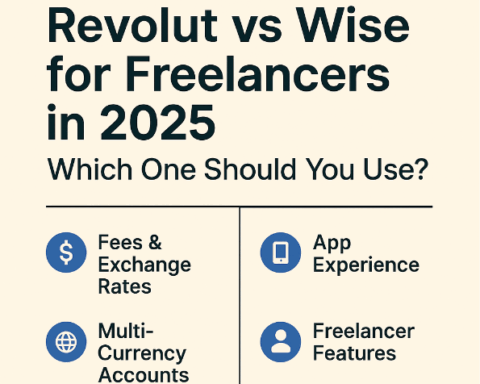As the federal agency responsible for protecting consumers tries to pass a new rule to regulate the sale of personal data, the Trump administration is working to weaken it. Big Tech companies and data brokers, who profit from selling people’s personal information, are lobbying to kill the proposal.
The rule would place strict limits on how companies can sell sensitive data — from phone numbers and income levels to credit scores, health data, and even location information. Yet, data industry groups claim they need access to this information to “fight fraud.”
But in reality, several of these companies have previously been fined for selling personal data to scammers. One such company, Epsilon, knowingly sold information on elderly people to fraudsters and paid $150 million in fines. Others, like Experian and TransUnion, have been sued for misleading users into expensive subscriptions or providing inaccurate credit reports.
Trump’s Big Gift to Big Data
Since taking office, the Trump administration has systematically dismantled consumer protection regulations. It has reduced oversight of deceptive digital practices, removed restrictions on predatory financial practices, and most recently, attempted to fire 90% of the staff at the Consumer Financial Protection Bureau (CFPB). A court has temporarily blocked that move — for now.
These actions signal an alarming shift: consumer privacy is no longer a priority. By gutting the CFPB and halting regulations, the Trump administration is giving free rein to corporations that traffic in personal data.
Your Privacy Has Become a Commodity
In today’s digital economy, your personal data is gold. Everything from your web searches and mobile app usage to your smart TV behavior is tracked, packaged into a digital “consumer file,” and sold — often without your knowledge or consent.
While companies claim this data is “anonymized,” advancements in technology allow buyers to re-identify individuals with startling accuracy. That means your personal and financial life is essentially open for inspection — and exploitation.
The Data Market Is Exploding
Back in 2012, the data broker industry was worth $156 billion. By 2024, that number had soared to $389 billion and is projected to exceed $561 billion by 2029. Behind this boom is one simple fact: people’s data is being bought and sold without proper regulation.
Advocates warn that this information isn’t just being used for ads — it’s used to shape financial decisions about individuals, determine eligibility for services, and profile vulnerabilities.
- Tension Between Donald Trump and Elon Musk: Is a Major Crisis Beginning in the American System? - June 6, 2025
- Harvard Faces Federal Funding Freeze Over Alleged “Disrespect to the Nation,” Says McMahon - May 6, 2025
- Tariffs, Troubles, and Transition: A Tumultuous Week for the U.S. and NYC Economy - May 6, 2025










